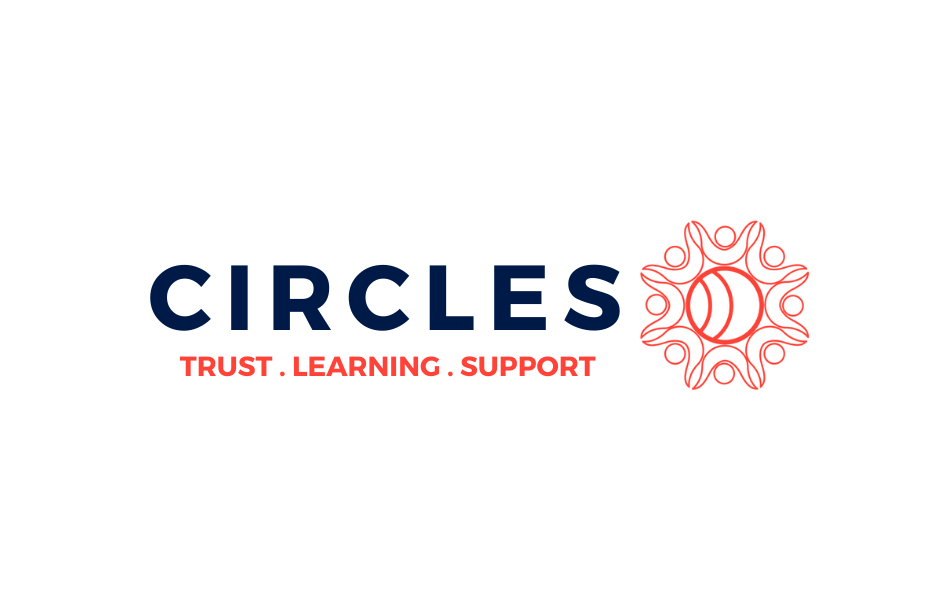Beyond soundbites: issue framing in election season
Carinne Wheedan
Director of Communications
FrameWorks Institute
@carinnewheedan
Nat Kendall-Taylor
CEO
FrameWorks Institute
@natkendall-taylor
Key Takeaways:
The noise of a presidential election season makes it hard to avoid getting lost in the weeds of political rhetoric when communicating about the issues we work on.
Right now, communicators must keep our issues front and center and avoid getting stuck in a reactive place—one in which we’re constantly chasing and responding to what politicians are saying about our issue(s).
Here are three tips for communicating about social issues this election season:
Don’t fall into the political trap of framing everything as a crisis. Emphasize solutions.
Advance the role systems play in causing and addressing social issues. Americans’ thinking tends to be highly individualistic, and political rhetoric only reinforces this – keep focused on the context of injustice and how systems can/need to change.
Frame together. So many of us are trying to move in the direction of justice. If we want to get there, we need these solutions-oriented, systemically-framed messages to be on surround sound—and on repeat.
In the run-up to a presidential election, politicians and politics take up an outsized share of the public discourse. At times, it feels like the stories we’re trying to tell about social issues—from health equity to education to housing—are drowned out by talk of individual candidates, political strategy, and winning votes.
Of course, it’s obvious why the discourse is so focused on the election right now. Elections matter. And who wins them certainly has an impact on the issues we care about. But what gets lost when the surround-sound about politicians leaves little room for stories about the social issue we’re trying to move?
During seasons like this, advocates and communicators working to increase understanding of an issue, build public will for solutions, and shift cultural mindsets have a lot to navigate. For instance, what happens when candidates talk about the “climate crisis” when crisis framing is something you’ve spent the last 10 years working to shift? This particular election season has been fraught with additional challenges as we’ve been pulled into a moral panic about “wokeness” that is casting important discussions about gender, race, and diversity as “taboo”—or prohibiting them altogether.
It’s hard to avoid getting lost in the weeds of political rhetoric—and to some degree, issue advocates need to be able to connect to these discussions. But when we take the bait and lose our narrative thread, we risk losing public attention and motivation to solve the problems we’ve been working to address long before 2024. For instance, the national conversation about youth mental health has been moving in important ways thanks in large part to the work of advocates and people with lived experience expertise who have worked tirelessly to reframe the story. But a lot of this progress and momentum stands to be lost if we lose focus on this issue and chase politics.
Right now, communicators have two important jobs to do. First, we have to stay dogged and determined to keep our issues front and center and avoid getting stuck in a reactive place—one in which we’re constantly chasing and responding to what politicians are saying about our issue. Second, we need to continue framing these issues as effectively as we can to ensure we’re not losing ground toward our big-picture narrative and advocacy goals.
While elections are (understandably) focused on a concrete end goal, what so many of us are working for are big, cultural shifts. We want not just financial relief, but a more just and equitable economic system. We want student loan forgiveness, but we’re also after a fairer, more equitable higher education system.
It’s not that election discourse isn’t important. It’s that we don’t want our bigger goals to get lost in the fray of the “this candidate said this” or “that candidate said that” shuffle. We must continue to build broader public and political will to advance our issues among as many people as possible—not just enough of the “right” people to win an election.
So how can we do it? How can we keep our issues in the conversation? How can we control the narrative and keep attention on both the short-term wins and the long-term goals?
Here are three insights we’ve pick up from 25 years of framing research—and half a dozen presidential election seasons—that can help you advance your issues during this time:
1. Don’t fall into the “crisis” trap. Lead and stick with solutions. When talking about social issues—even our most intractable ones like climate change or mental health—we must refrain from painting doom-and-gloom pictures or framing our issues as (yet another) “existential crisis.” It seems counterintuitive—you would think that describing a problem as a crisis would motivate people to act—but decades of research shows that it actually backfires by making people feel like the problem is too big to solve. We see doom-and-gloom framing a lot in election discourse, and even from candidates themselves. In part that’s because fear might help win elections (for instance, by pushing people to vote or stay home), but it tanks people’s motivation to support solutions. To make sure people continue to understand the importance of your issues and are willing to act to address them, try to build solutions into your messaging early and often.
For example, instead of:
“Our planet is in crisis. The earth is burning, and our leaders are doing nothing about it. Instead, many people in corporate or political power are fanning the flames.”
Try something like this:
“Through policies that reduce greenhouse gas emissions and invest in clean, sustainable energy sources, we can build a safer, healthier planet. We need our leaders to act.”
2. Highlight context and emphasize the need for systems change. Americans’ thinking tends to be highly individualistic, and political rhetoric only reinforces this. Take the issue of jobs and the economy—one that is getting a lot of play in this (and any) election. So often, the messages we hear focus on economic opportunity or creating pathways to upward mobility, rather than building more just labor systems. This is individualism in action. The conversation focuses on who gets what rather than the systems that create injustice in the first place. Particularly when it comes to electoral politics, it can be sexy for candidates to show how one or two individuals have “made it” or to tell stories of people who have overcome all odds. It’s decidedly less salacious to tell stories about why and how we need to restructure the rules of the game. It’s not that economic mobility isn’t something we should be working toward, or that individual stories don’t matter (they do!)—but when the conversation starts and stops there, the idea that what surrounds us shapes us falls out of view.
For example, don’t stop here:
We need to ease the burden on hard-working individuals who are saddled with unreasonable student loan debt.
Try emphasizing the role of systems change:
Higher education is a public good that benefits our entire society—but right now, the cost of participation is unreasonable and outdated. We can improve our collective future by remodeling the financial structures of the higher education system to be more practical, current, and just.
3. Frame together. Changing culture, changing narratives, changing thinking—these things aren’t quick, nor are they easy. We certainly don’t have all the answers. But—at the risk of sounding cliché—we really are more effective when we sing the song together. This is particularly tough in the context of an election year in which so much of the discourse is hellbent on highlighting difference and proving how far apart we (and our candidates) are. But that just makes it all the more important to give people a concentrated dose of solidarity from as many places as possible. So many of us are trying to move in the direction of justice. If we want to get there, we need these solutions-oriented, systemically-framed messages to be on surround sound—and on repeat.



